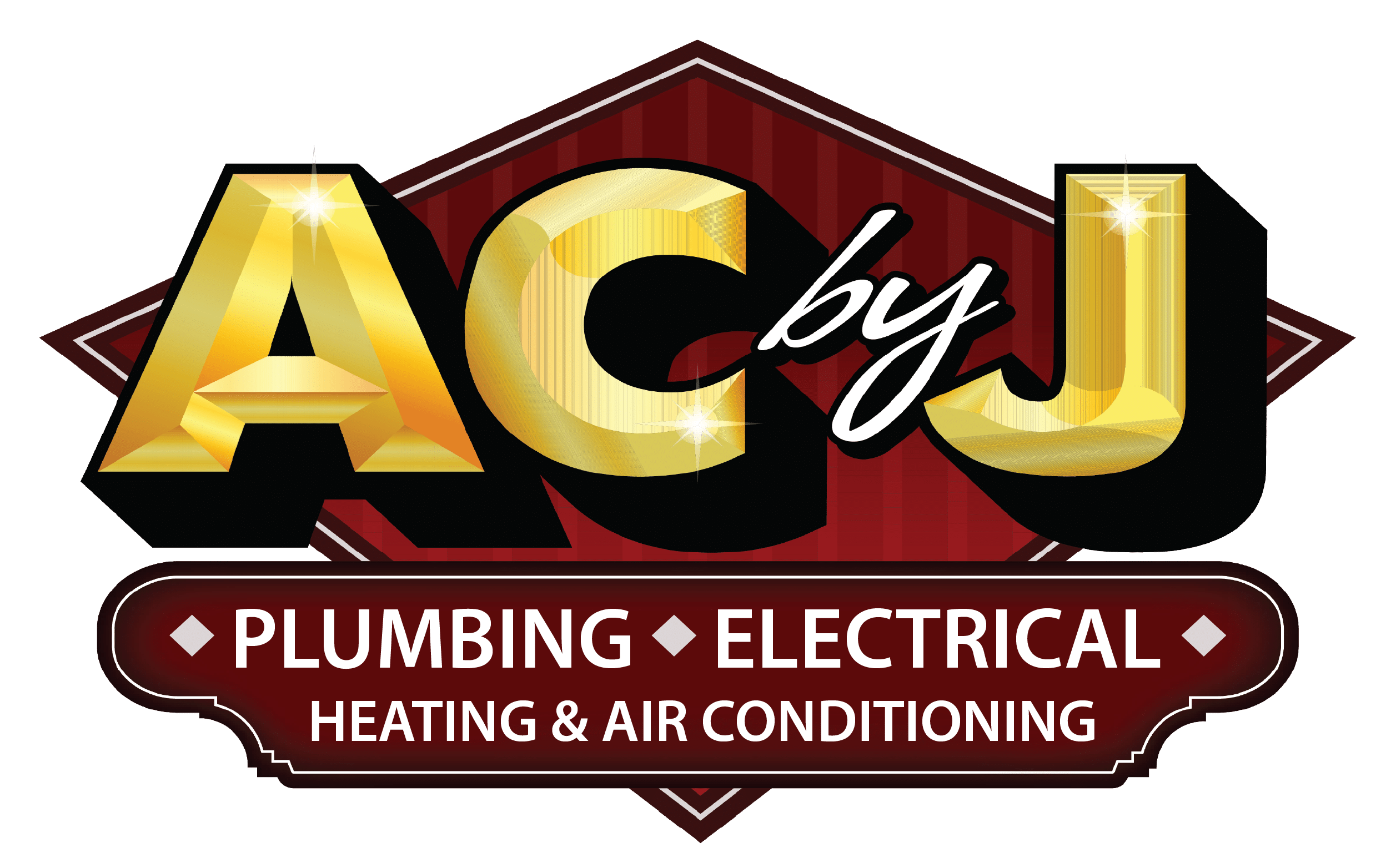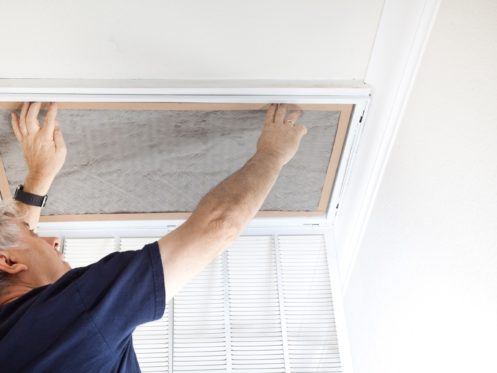Sealing yourself and the entire family tight against the cold during the winter season may feel cozy. However, for people with respiratory issues or sensitivity to allergens, winter can aggravate problems. That’s because air quality tends to be worse during winter since there’s no flow of fresh air in your surroundings, meaning that pollutants remain trapped inside. Heating systems and stale indoor air can increase allergy-inducing dust mites, mold spores, and pet dander circulating throughout your home.
In late winter, it might be too chilly to open windows to expel the musty air. Therefore, you need to be aware of the respiratory and allergy triggers that might be lurking in your home as you await the warm weather. Below are some tips that you can implement to enhance your air quality this year.
1. Control the Source of Pollution
Doors and windows are usually closed during the cold months. Therefore, there will be limited airflow in your house. One of the best ways to boost air circulation is to open some windows. Unfortunately, this is not possible during the winter months. As such, indoor contaminants get trapped in your home and keep accumulating. Some of these air contaminants can trigger respiratory problems like asthma. One of the easiest ways to deal with this issue is by controlling the source of the pollution.
High-traffic places in your home, for instance, can result in the spread of dirt and dust to your entire house. To prevent this, create a dedicated part in your home, particularly near the entrance, where everyone can remove their shoes before entering the house. You can also use rugs and carpets to trap pet urine and dander. Placing an old towel or rug by the door can also prevent your pets from bringing in debris and dirt as they enter your house.
2. Replace HVAC Filters
It is important to replace your cooling and heating unit’s filters regularly. If you have not changed or maintained your filters in the previous months, you can check them at the beginning of the cold season. Since heating needs in your home increase drastically during winter, furnace filters will not work well if you don’t change them regularly. Removing clogged and dirty filters severally during the cold months will ensure that the trapped pollutants don’t recirculate back.
3. Increase Humidity Levels
Generally, humidity levels in your home should range between 30% and 50% throughout the year. During the winter season, the air in your house becomes drier, causing illnesses and discomfort. To add humidity to the air, invest in humidifiers. A fan-powered humidifier blows moisture vapor right into your heating ducts to improve the air’s moisture content and minimize static electricity. This way, your family can breathe more comfortably, preventing dry nasal passages and throats. Furthermore, adding humidity to the dry air also controls mold, mildew, and dust mites.
4. Keep Your House Clean
A clean house will give you a healthy home. Cleaning your living space helps cut down dust, pollen, pet dander, mold, and other air pollutants. To keep your house clean, wash your beddings, drapes, and any other item that attracts pollutants and allergens. Doing laundry every morning can also help reduce indoor air contaminants.
After cleaning your beddings and drapes, vacuum your rugs and carpets at least twice a week using a HEPA-built vacuum cleaner. The pet dander, pollen, and dust trapped in your carpets and rugs can make you cough and sneeze. It can also worsen symptoms in people with allergies and respiratory problems. You can opt for hardwood floors and have your rugs and carpet cleaned professionally to keep your home clean.
5. Invest in Air Purifiers
Using air purifiers is one of the best ways to filter contaminants out of your indoor air. Look for a purifier that uses HEPA filters for the highest efficacy. These filters are carbon activated and are useful in eliminating odors, chemicals, and gas. Some air purifying systems can easily capture and kill small pathogens such as viruses, pet dander, smoke, bacteria, and other contaminants.
Other modern systems can also purify the indoor air several times in an hour, which effectively keeps the air in your house cleaner in the cold months. When purchasing a purifying system, ensure that the technology has the right capacity to do the job effectively. That will depend on factors like room size, sensitivity, and pollutant levels.
6. Grow Indoor Plants
You can also use indoor plants to enhance indoor air quality. Houseplants improve the quality of air by absorbing toxic pathogens in the indoor air. These plants are a boon in tight rooms and spaces with limited or no airflow. While houseplants might be slower than an air purifier when it comes to their air-purifying abilities, they have other remarkable benefits. For instance, houseplants are cost-effective and more therapeutic than air purifying systems.
However, you require a specific number of houseplants to realize air quality benefits. According to experts, you need two to three plants for every 100 square feet of living space. Some examples of good houseplants that you can consider for better air quality include the money plant, Chinese evergreens, and areca palm.
7. Avoid Toxic Products
Most personal-care and cleaning products contain toxic chemicals that lower air quality and trigger allergies. These chemicals normally linger longer in your indoor air during winter because of the limited flow of clean air. Whenever possible, utilize natural cleaners such as vinegar, lemon, essential oils, or baking soda. These cleaning solutions are healthier, fresher, and are also nontoxic.
Industrial cleaning solutions might leave chemical residues that negatively affect air quality. If you have to use them, make sure that you are doing so with adequate ventilation.
8. Keep Your HVAC Ductwork Clean
Apart from air purifying systems, HVAC units are also part of the front-line defense against air pollutants. For your HVAC system to function properly, you need to ensure that it’s well-maintained throughout the year. That’s important, particularly before the winter months, when the heating unit runs continuously.
To reduce airborne contaminants, have an experienced HVAC technician inspect the system. Clogged filters contribute to allergens and pollutants in the air. Change the air filters if they are dirty. Apart from the filters, have your ductwork inspected. Debris, dust, and dirt can accumulate in your ducts. Have the ductwork professionally cleaned, and ensure that it is properly sealed.
Contact the Air Quality Experts
Your indoor air quality during winter depends on the age and size of your home and the number of occupants. It may also depend on the length and severity of winter in your region. To ensure that everyone in your home breathes clean and fresh air during the cold months, invest in a purifying system, and keep your home clean at all times. Remember to clean the ducts and change the air filters in your HVAC and purifier. Don’t forget to invest in a good humidifier and control the source of air contamination in your home.
If you have air quality concerns, contact our professionals from AC by J. Our trained experts can help you improve your Scottsdale, AZ, home’s air quality, particularly in winter when it tends to worsen. We are also experts in cooling, heating, and plumbing services. Contact us today for professional air quality solutions or to schedule your service appointment.






